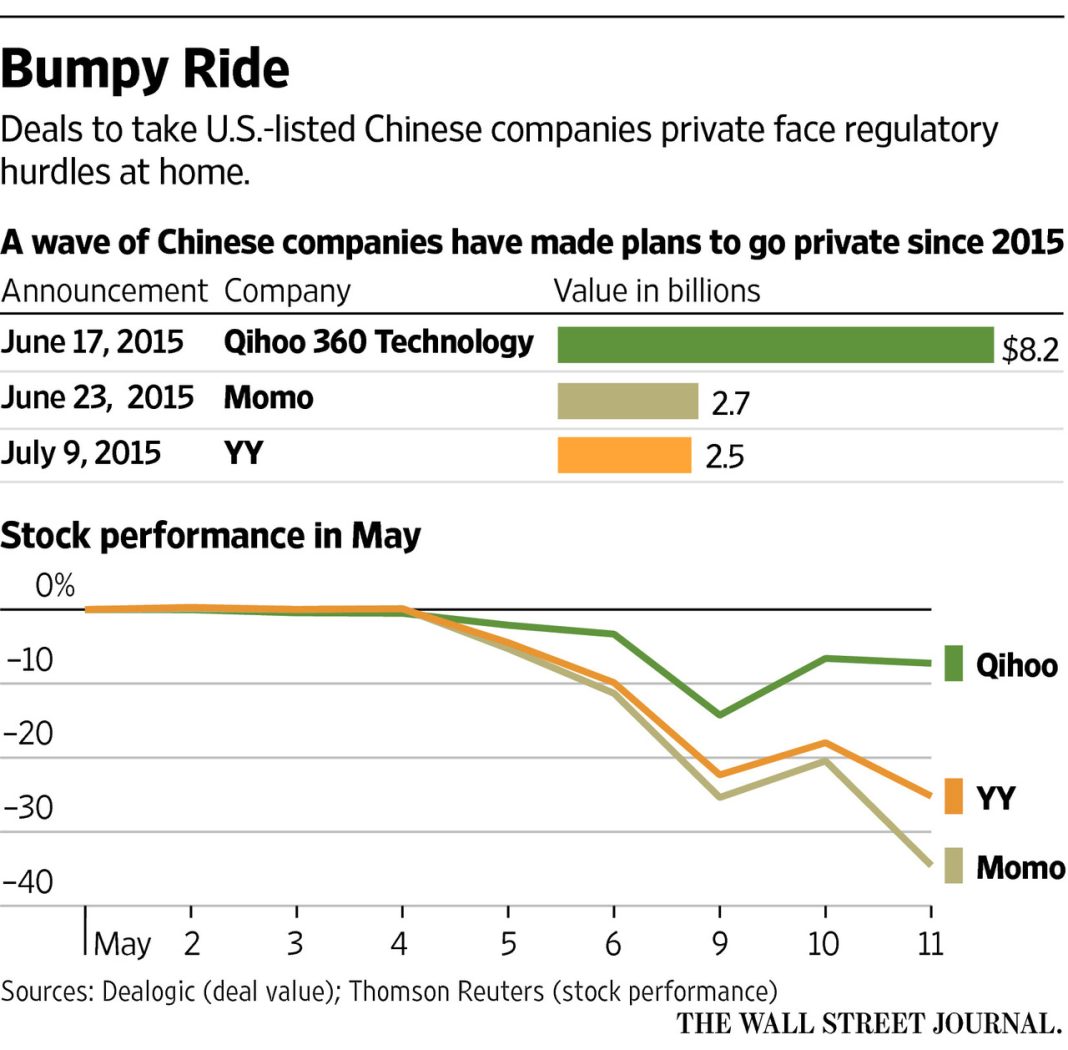 China’s annual midyear e-commerce festival, known as “618,” experienced a significant decline in sales this year, indicating that Chinese consumers are still hesitant to spend amid an economic slowdown. According to retail data provider Syntun, the gross merchandise value (GMV) of companies during the festival dropped 7 percent from last year, marking the first decline in eight years. This is concerning because strong consumer spending is crucial for China’s immediate recovery and long-term economic well-being.
China’s annual midyear e-commerce festival, known as “618,” experienced a significant decline in sales this year, indicating that Chinese consumers are still hesitant to spend amid an economic slowdown. According to retail data provider Syntun, the gross merchandise value (GMV) of companies during the festival dropped 7 percent from last year, marking the first decline in eight years. This is concerning because strong consumer spending is crucial for China’s immediate recovery and long-term economic well-being.
The weak sales during the 618 festival reflect conservative consumer behavior and ongoing consumption downgrade. HCBC Global Research suggests that higher return rates and falling sales indicate a reluctance among Chinese consumers to spend, despite aggressive promotion efforts. The festival, which is now China’s second-largest annual sales event after Singles Day, serves as an important gauge of household spending.
China’s latest economic data further highlights the challenges the country is facing. Weak domestic demand has hindered recovery from property market troubles and led to a sharp growth slowdown. Industrial production growth slowed to 0.3 percent in May from 1.0 percent in April, primarily driven by a decline in property-related production. Cement output has been contracting year to date, and auto production growth has halved compared to the previous month. Additionally, new home prices in China experienced the steepest drop in over nine and a half years in May.
Despite companies extending their 618 sales period and offering discounts, weak sales persisted. Tmall, JD.com, Alibaba, and Taobao all made efforts to revive the market by stretching the sale period and offering significant discounts on popular products. Livestreaming platforms also played a key role in this year’s promotion, leveraging live video and celebrity endorsements to attract consumers.
However, Chinese households remain cautious about spending and show a greater desire to save. This reluctance to spend can have global implications, potentially leading to an influx of Chinese exports that may impact international markets. The United States and other countries are concerned about the impact of subsidized and inexpensive Chinese exports on their economies. The Alliance for American Manufacturing, for instance, warns that these imports jeopardize U.S. jobs. During her visit to China, U.S. Treasury Secretary Janet Yellen emphasized the issue of manufacturing overcapacity, particularly in sectors like electric vehicles and solar panels.
The European Union has also taken action against Chinese imports, announcing new tariffs on electric vehicles imported from China. These tariffs are a response to unfair subsidies from the Chinese government, which have flooded EU markets with cheap Chinese imports. China’s overcapacity is a global concern as it exports goods at lower prices than similar goods in other markets, potentially causing a deflationary impact.
In conclusion, the weak sales during China’s 618 festival reflect conservative consumer behavior and ongoing economic challenges. The reluctance to spend not only affects China’s immediate recovery but also has global implications. As China seeks to drive its economic growth through export surpluses, other countries are concerned about the impact of subsidized Chinese exports on their economies. Addressing overcapacity and promoting domestic manufacturing are crucial steps to ensure long-term economic stability.


